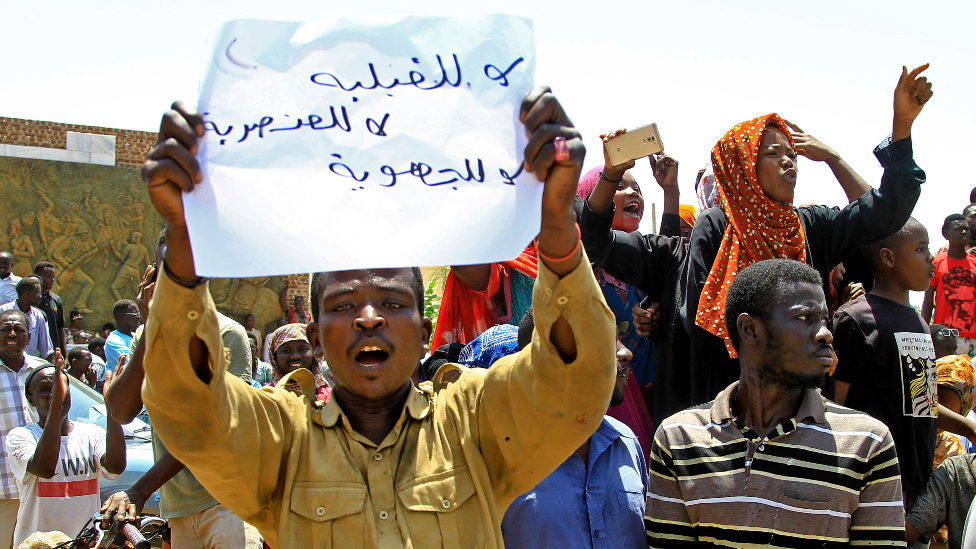Highlights
- Election in February 2026, before Ramadan
- Expatriates to be able to cast votes
- Inflation expected to fall to 6% by December
- July Charter to be signed soon
- So far over Tk1,000 crore given to families of 775 martyrs
- Ctg port operations improved under Navy control
- Visa issues being resolved with other countries
Ending months of speculation over the timing of the next national election, Chief Adviser Muhammad Yunus yesterday (5 August) announced that he would formally request the Chief Election Commissioner to schedule the polls for February 2026.
“On behalf of the interim government, I will send a letter to the Chief Election Commissioner, requesting the Election Commission to arrange the national election before the upcoming Ramadan, specifically in February 2026,” he said in a televised address to the nation on the occasion of July Uprising Day.
The speech aired at 8:20pm across Bangladesh Television (BTV), BTV News, and Bangladesh Betar.
“To accomplish all necessary preparations, starting tomorrow, we will begin both mental and institutional readiness,” Yunus said. “Let me also say a few words about the voters in this election. This time, we want to ensure that expatriate voters can also cast their ballots.”
Calling for public support, he urged citizens to pray for the smooth execution of the elections and for continued progress in building a “New Bangladesh”.
“On behalf of the government, we will extend all possible support to ensure that the election is free, fair, peaceful, and festive,” Yunus said. “We want this election to be memorable in our nation’s history – for its joy and festivity, order and peace, voter turnout, and for harmony and sincerity.”
The election timeline had become a central political issue following the fall of the Awami League government on 5 August 2024, after a mass student-led uprising. Since then, political parties have remained divided on the timing. The BNP pushed for an early vote, while Jamaat-e-Islami and the National Citizen Party insisted on implementing reforms first.
Amid the impasse, Yunus met BNP Acting Chairman Tarique Rahman in London on 13 June, where both sides agreed that a February 2026 election would be feasible if preparations were completed.
Ramadan is expected to begin around 17 February 2026, depending on moon sighting, placing the polls in the first half of the month.
Earlier in the day, the Chief Adviser also read out the July Declaration, calling for state and constitutional recognition of the 2024 mass uprising. He said the declaration would be included in a schedule of the constitution.
Warning against efforts to undermine polls
In his televised address, Yunus warned that a certain group is attempting to make the election controversial in a bid to disrupt the country’s democratic transition.
“We must ensure they don’t get the chance to sabotage the election,” he said. “Keep in mind, the defeated forces will try to rise again and again until the election. But if we can hold a free, fair and impartial vote, their defeat will be final.”
Yunus also announced plans to launch a public feedback platform. “I am initiating the development of an app where citizens can submit suggestions, opinions, concerns and ideas regarding the election.”
‘Must prevent future fascism’
The Chief Adviser stressed the need for long-term safeguards against authoritarianism. “The state must be rebuilt in a way that whenever signs of fascism appear, they can be eradicated immediately. We must ensure that no future government can become fascist again.”
He said the interim government had three main responsibilities: reform, trials and elections. “One of the primary demands of the July Uprising was democratic reform of the state.”
Yunus said trials for the July-August 2024 crimes against humanity were progressing well, with formal hearings now underway. “Those behind the brutal massacres will be tried on Bangladesh soil.”
On reform, he said several commissions were formed and many short-term recommendations had already been implemented. “These reforms aim to revitalise the economy, judiciary, and public administration, while increasing transparency and reducing corruption and harassment.”
He also urged political parties to centre youth and women in their policy planning. “Remember, youth brought change to Bangladesh – they can change the world too.”
‘Inflation to drop to 6% by December’
Turning to the economy, Yunus said, “Controlling inflation was our biggest challenge. Due to a fragile economy and floods, food inflation had reached nearly 14%. It has now fallen to about half. We hope it will come down to 6% by December.”
He added, “In June, the overall inflation rate dropped to 8.48% – the lowest in nearly three years. This marks the fourth consecutive month of decline.”
He credited renewed confidence among expatriates for stabilising the currency market. “A record $3.33 billion in remittances was sent through banking channels last fiscal year. Export earnings rose nearly 9%.
“As a result, the taka has strengthened. For the first time in years, its exchange rate against the dollar is improving. In the last 11 months, Bangladesh paid $4 billion in interest and principal – the highest ever – yet our foreign reserves are increasing.”
Chattogram port reforms begin
Yunus also highlighted administrative reforms at Chattogram Port to enhance economic efficiency. “Responsibility for container handling at the New Mooring Terminal has been handed over to Dry Dock Limited, operated by the Bangladesh Navy.”
He said since Dry Dock took over, container handling had already improved. “In the first two weeks alone, an average of 225 more containers were processed daily compared to before.”
“Modernising Chattogram Port will benefit not only Bangladesh but also neighbouring countries such as Nepal and Bhutan. Regional trade and cooperation will grow as a result.”
July victims, expatriates
Yunus said the July Charter aims to ensure peaceful power transitions, strengthen state institutions, uphold citizens’ rights, and prevent any return to authoritarian rule. “The state must be built so that fascism can be eradicated the moment it appears,” he stressed.
On support for the victims of the July Uprising, he said cheques worth Tk1,000 crore have been distributed to the families of 775 martyrs, while Tk1,530.4 crore has been disbursed to 13,800 injured individuals. Seventy-eight severely injured fighters were sent abroad for treatment, with Tk1,000 crore spent so far.
Regarding expatriates, Yunus noted progress in resolving visa issues. The UAE has resumed issuing visas to Bangladeshis, and Malaysia has introduced multiple-entry visas. The government plans to send 100,000 skilled youth to Japan over five years and is expanding labour markets in Italy, South Korea, and Serbia.
For irregular migrants in countries like Saudi Arabia and Jordan, regularisation efforts are underway, while existing agreements with host nations are being reviewed to better protect expatriate workers.
















